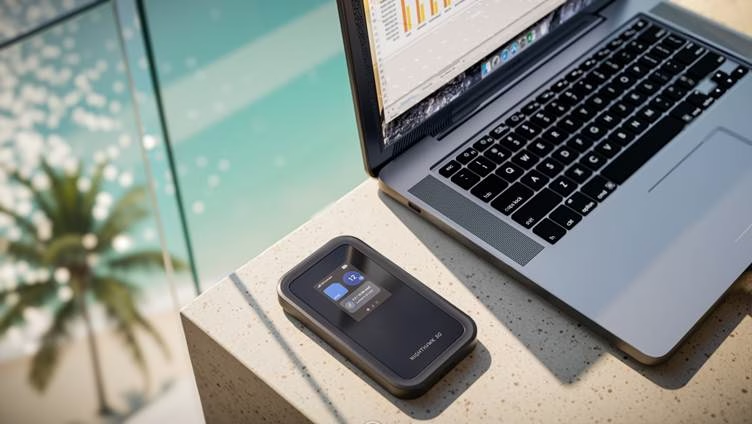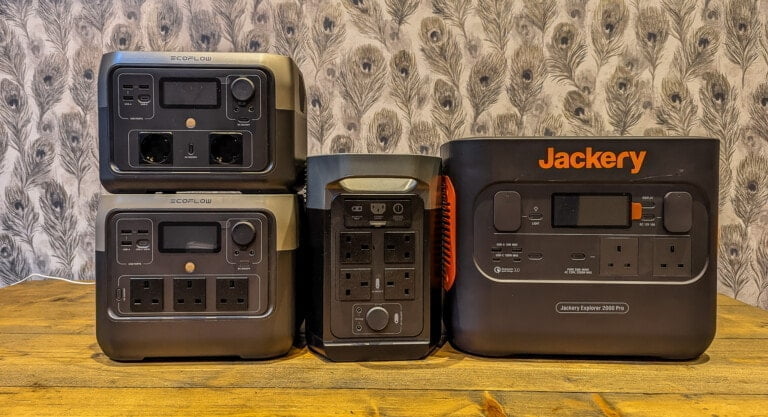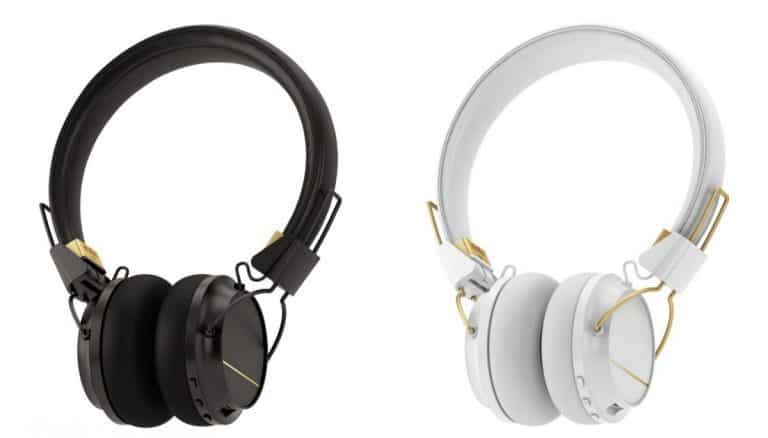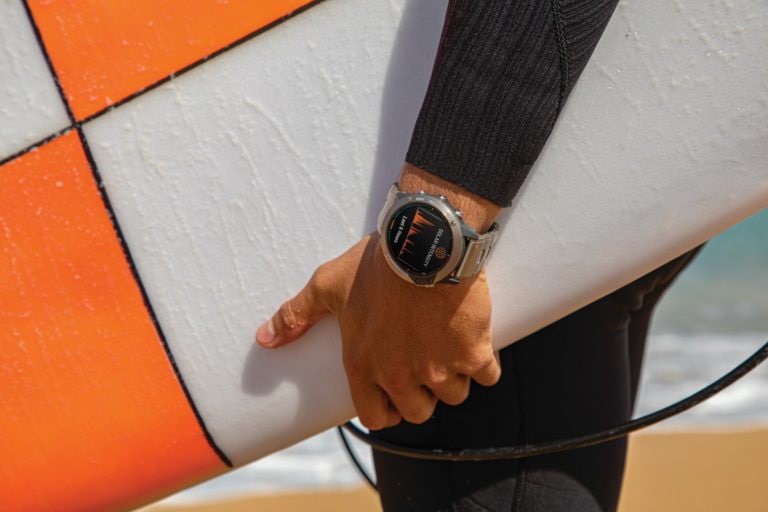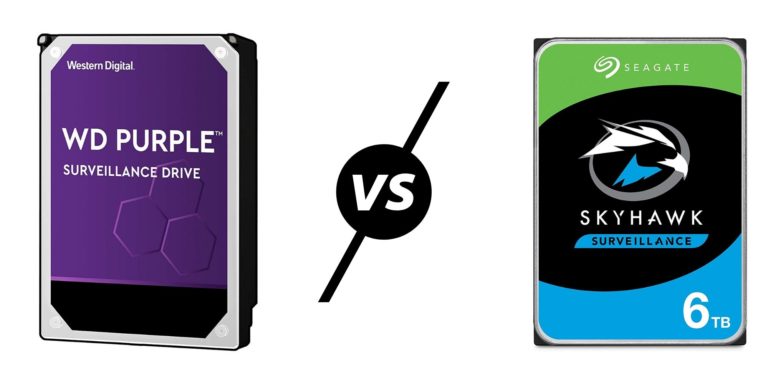Any links to online stores should be assumed to be affiliates. The company or PR agency provides all or most review samples. They have no control over my content, and I provide my honest opinion.
etgear has announced the Nighthawk 5G M7 Portable WiFi 7 Mobile Router (MH7150), a compact mobile hotspot that combines 5G connectivity with WiFi 7 capabilities and an integrated eSIM marketplace. The device, set to launch on 27th January 2025 at £529.99 RRP, aims to provide portable internet access across more than 140 countries.
Core Specifications and Performance
The M7 utilises Qualcomm’s Dragonwing SDX72 chipset, which is the company’s fifth-generation 5G modem-to-antenna solution. This silicon enables theoretical download speeds of up to 4 Gbps over 5G networks through Sub6 carrier aggregation, though real-world speeds will naturally vary based on network conditions and coverage.
For WiFi distribution, the router supports the latest WiFi 7 standard, delivering speeds up to 3.6 Gbps to connected devices. The unit can handle up to 32 simultaneous device connections, which should prove sufficient for most travel scenarios or small team deployments. It’s worth noting that whilst WiFi 7 offers impressive theoretical speeds, you’ll need compatible devices to take full advantage of these capabilities, and the actual throughput will be limited by the cellular connection speed available in your location.
Beyond wireless connectivity, the M7 includes wired connection options through its USB-C port. Users can also connect via Ethernet using an adapter, though Netgear hasn’t included one in the box – it’s sold separately, which feels a bit tight at this price point.
eSIM Marketplace Integration
Perhaps the most interesting aspect of the M7 is Netgear’s new eSIM Marketplace, integrated directly into the Netgear mobile app. The platform allows users to browse, purchase and activate data plans without hunting for local SIM cards or dealing with international roaming charges.
The marketplace offers data plans ranging from 3GB to 20GB packages, with Gigs serving as the initial data plan provider for the product launch. Users can monitor their data usage in real time through the app, providing transparency that’s often lacking with traditional roaming solutions.
Importantly, the M7 remains unlocked and accepts both physical SIM cards and third-party eSIMs beyond those offered in Netgear’s marketplace. This flexibility means you’re not locked into Netgear’s ecosystem if you find better deals elsewhere or have existing carrier relationships. The device is certified for use with AT&T, T-Mobile and Verizon in the United States, though UK carrier certification details weren’t specified in the announcement.
Security Features
The router includes several security measures that are becoming standard in modern networking equipment. These include WPA3 encryption, a built-in firewall, and what Netgear calls Advanced Router Protection. The device also supports automatic firmware updates, which should help maintain security over time without user intervention.
Whilst these features are welcome, they’re essentially table stakes for any modern router in 2025. The real value here is having these protections in a portable device, particularly when connecting to untrusted networks whilst travelling.
Battery Life and Portability
The M7’s battery is rated for up to 10 hours of continuous use, which should cover a full working day for most users. The device can also function as a power bank to charge other devices, adding some versatility for travellers trying to minimise the number of chargers and batteries they carry.
Netgear describes the design as compact and lightweight, though specific dimensions and weight weren’t provided in the announcement. The 10-hour battery life is respectable but not exceptional – some competing mobile routers offer longer runtime, though often at the expense of size and weight.
Software and Management
Device management is handled through the redesigned Netgear app, which serves as the central hub for network setup, data usage monitoring, and eSIM plan purchases. The app interface promises to be intuitive, though I’d need hands-on time to verify how well it delivers on that promise.
The integration of eSIM purchasing directly into the management app is clever, eliminating the need to juggle multiple apps or websites when setting up connectivity in a new location. However, the success of this feature will largely depend on the competitiveness of the data plans offered through the marketplace compared to local alternatives.
Price and Availability
At £529.99, the M7 sits firmly in the premium segment of the mobile router market. That’s a significant investment for occasional travellers, though it could prove worthwhile for frequent business travellers or digital nomads who need reliable connectivity across multiple countries.
The device launches on 27th January 2025 through Netgear’s UK website and presumably through traditional retail channels, though specific retailer partnerships weren’t mentioned.
The combination of 5G, WiFi 7, and integrated eSIM functionality does differentiate the M7 from many existing mobile routers. However, whether these features justify the premium pricing will depend heavily on individual use cases and the actual performance of both the hardware and the eSIM marketplace ecosystem once it’s in customers’ hands.

